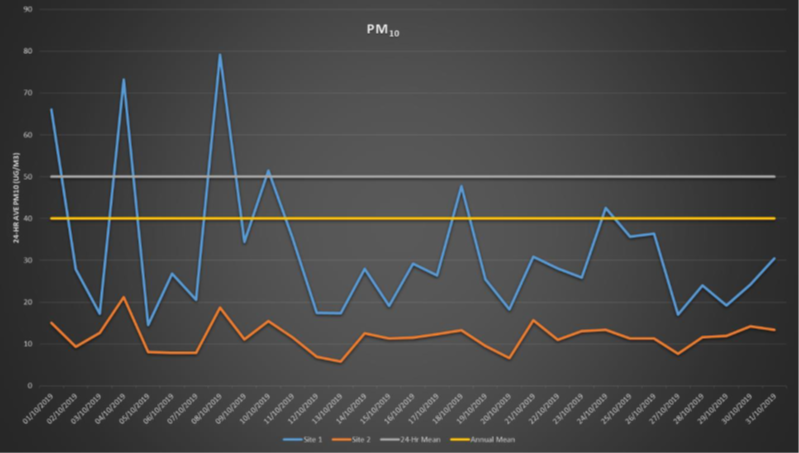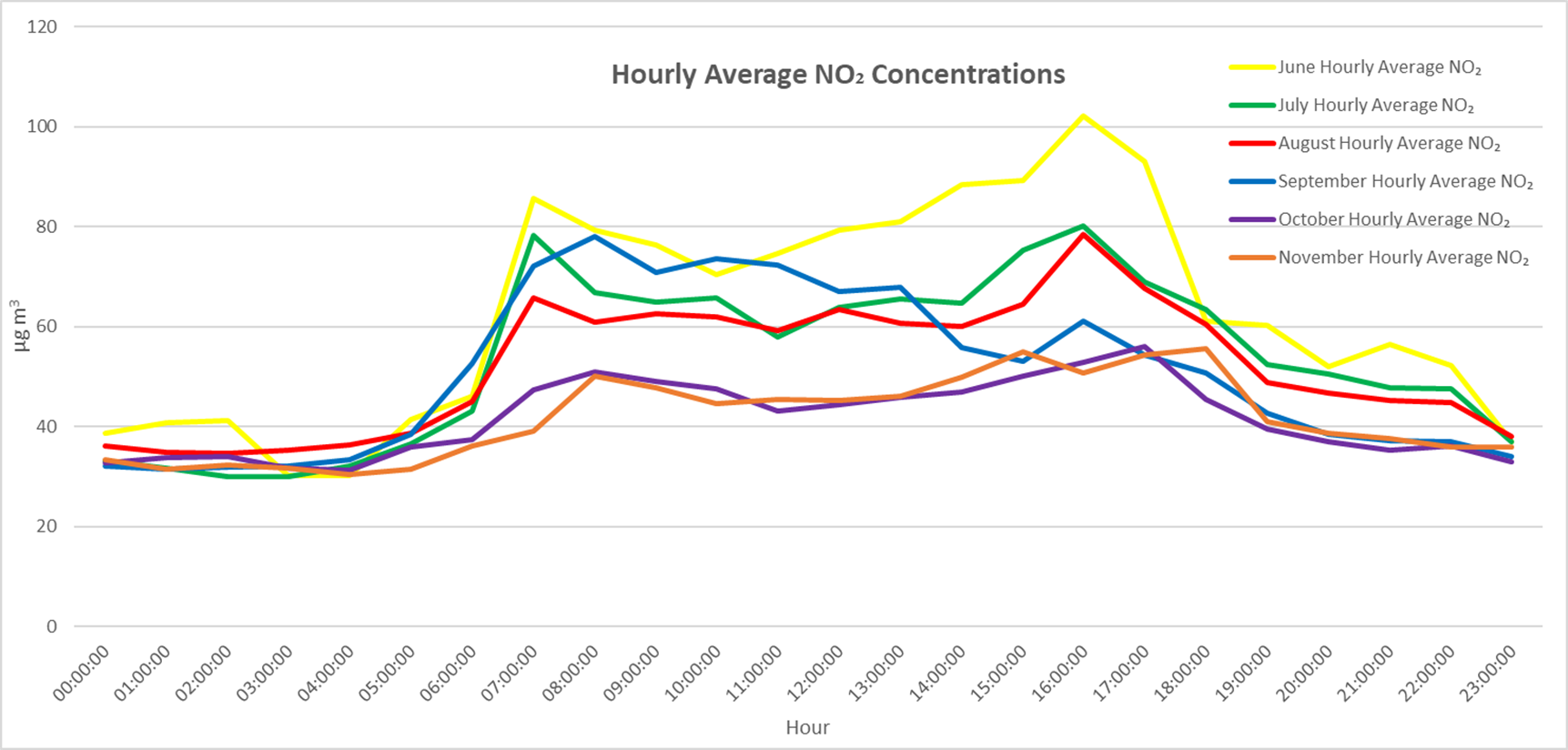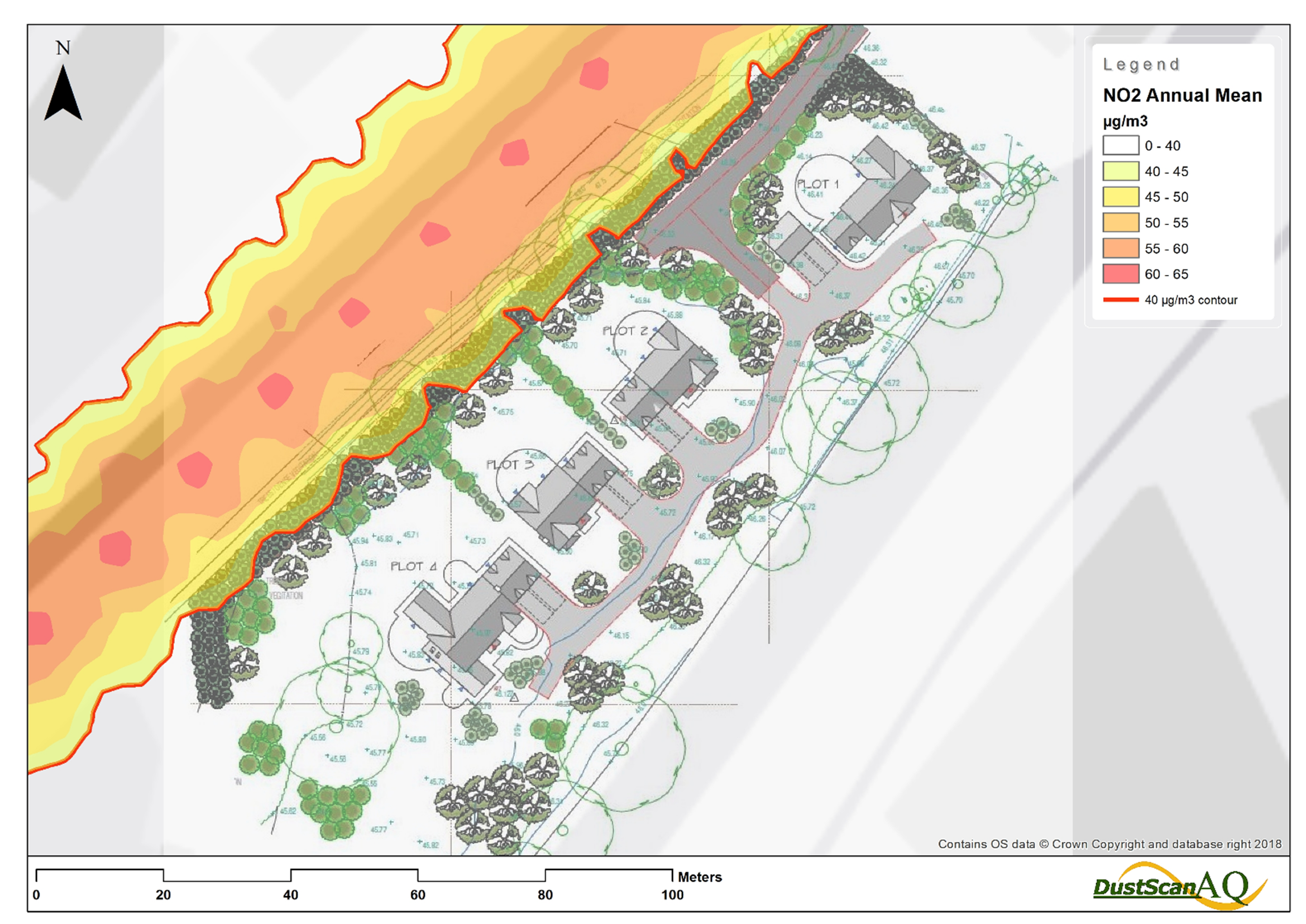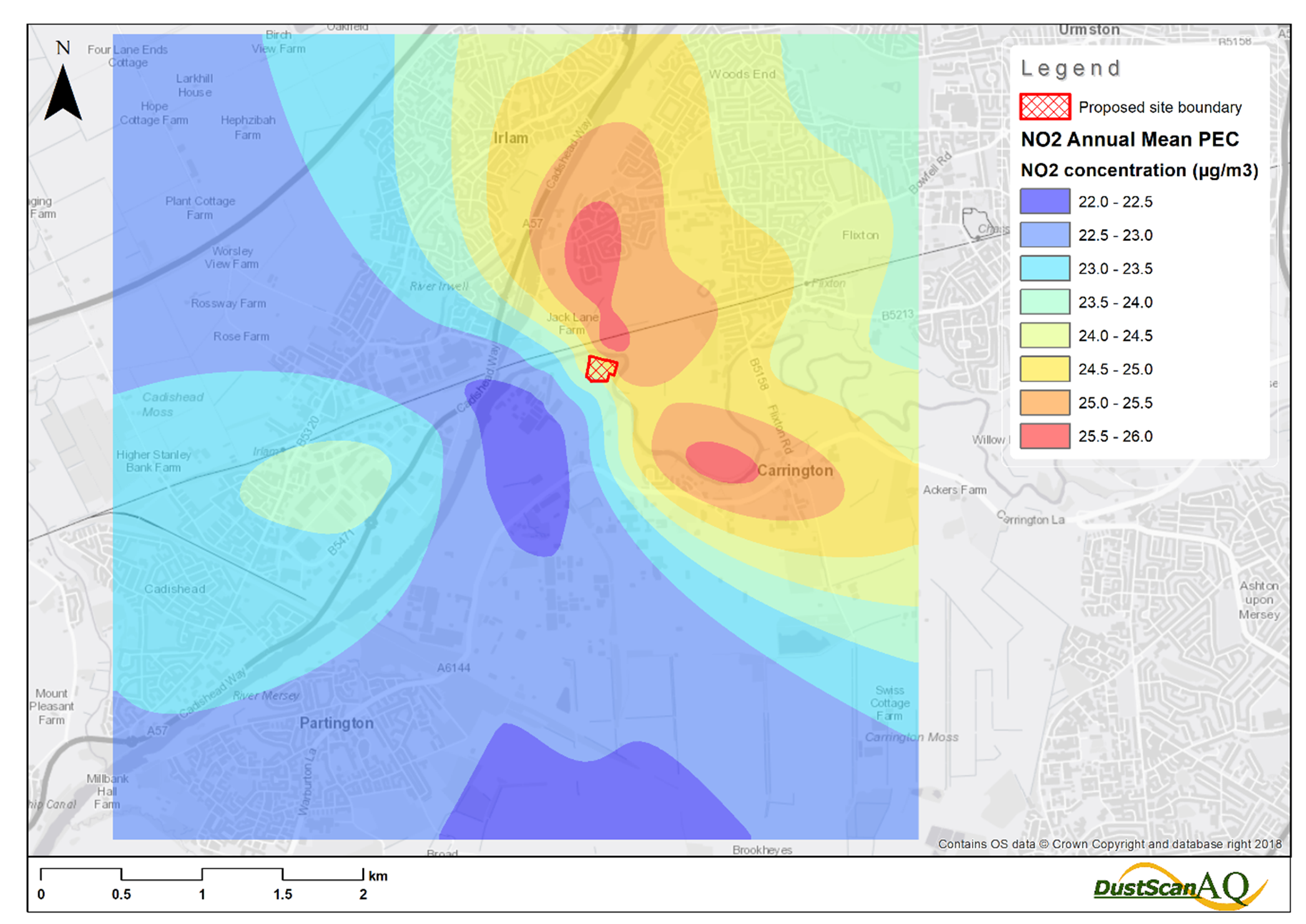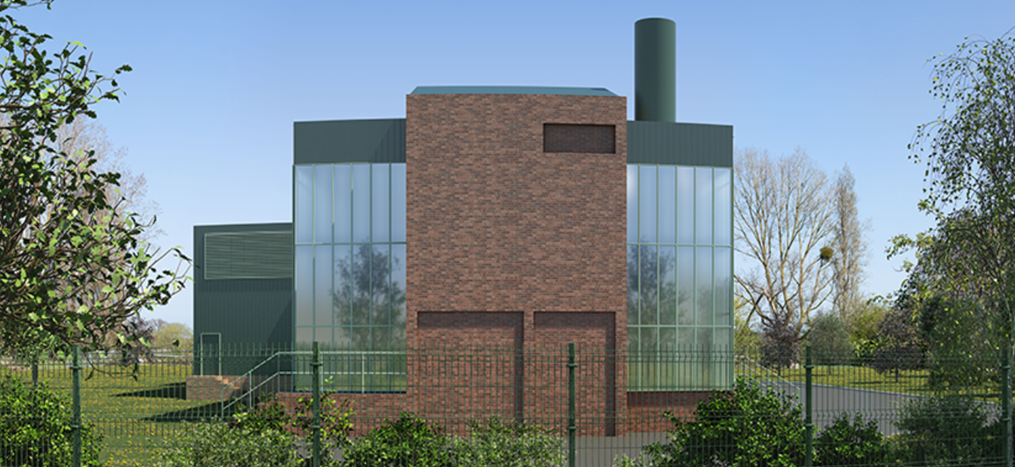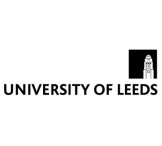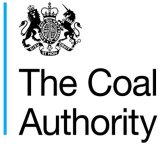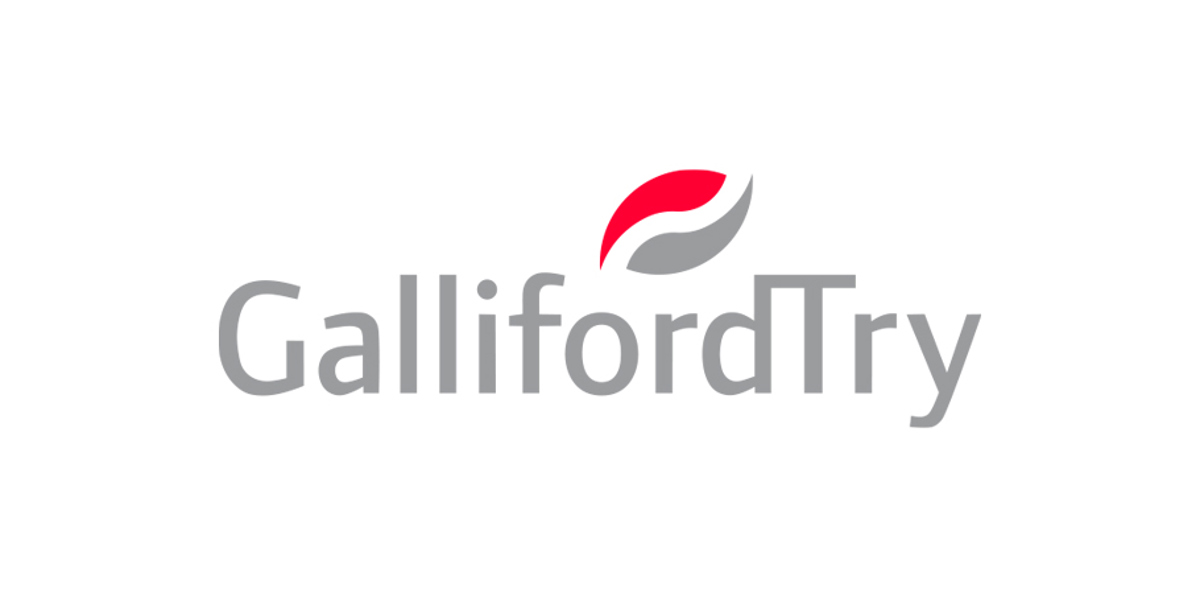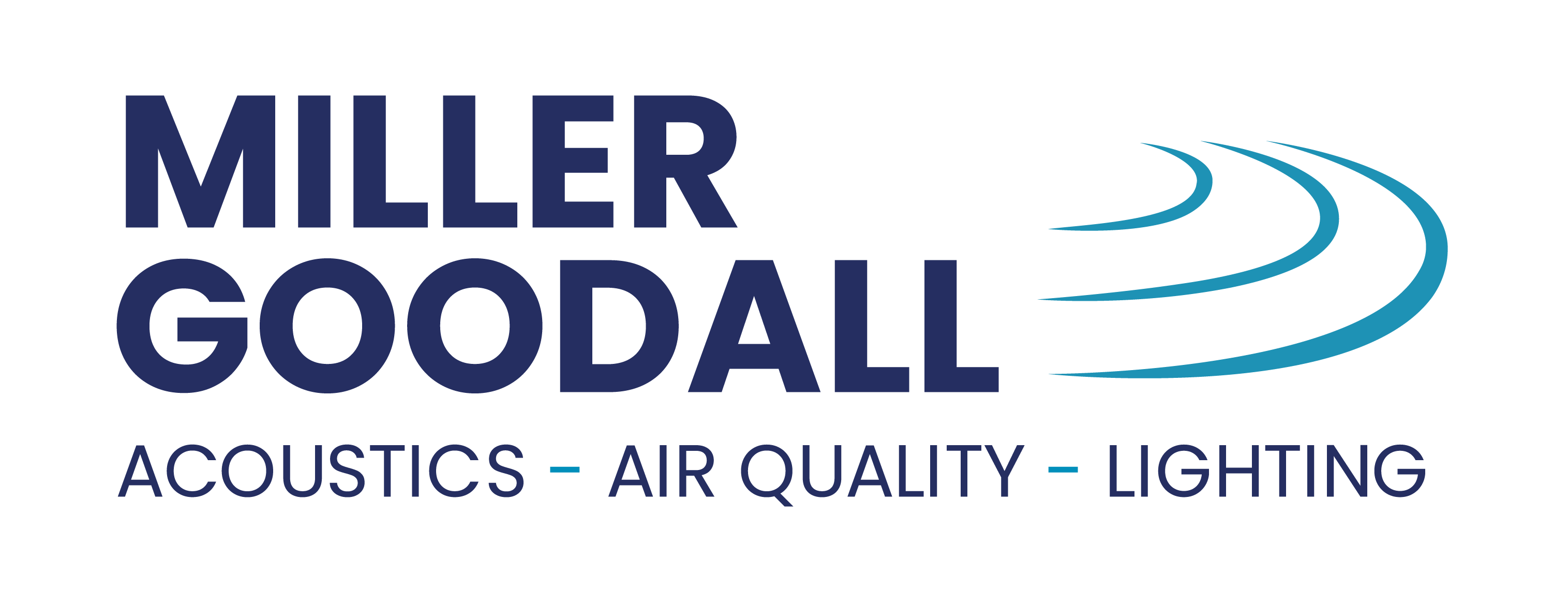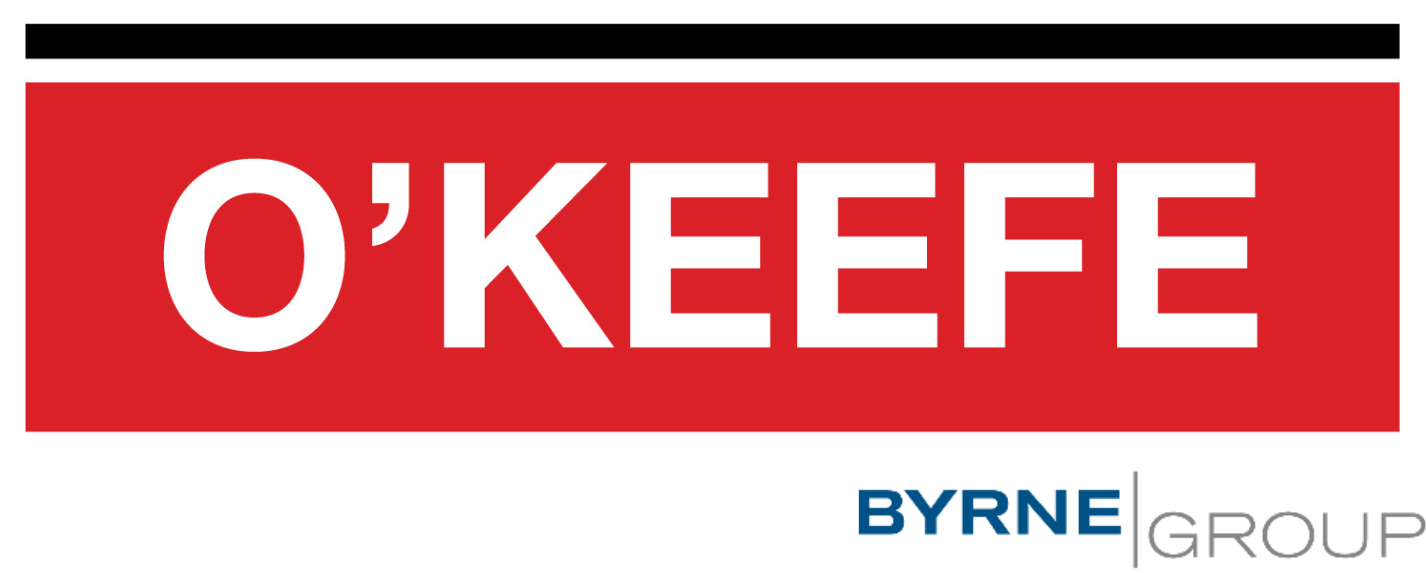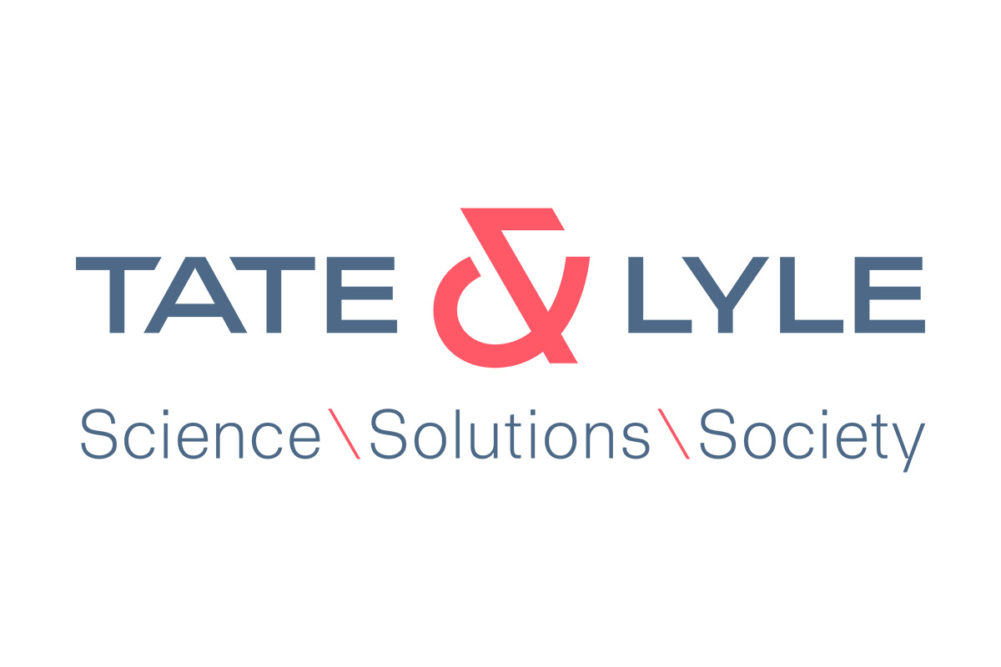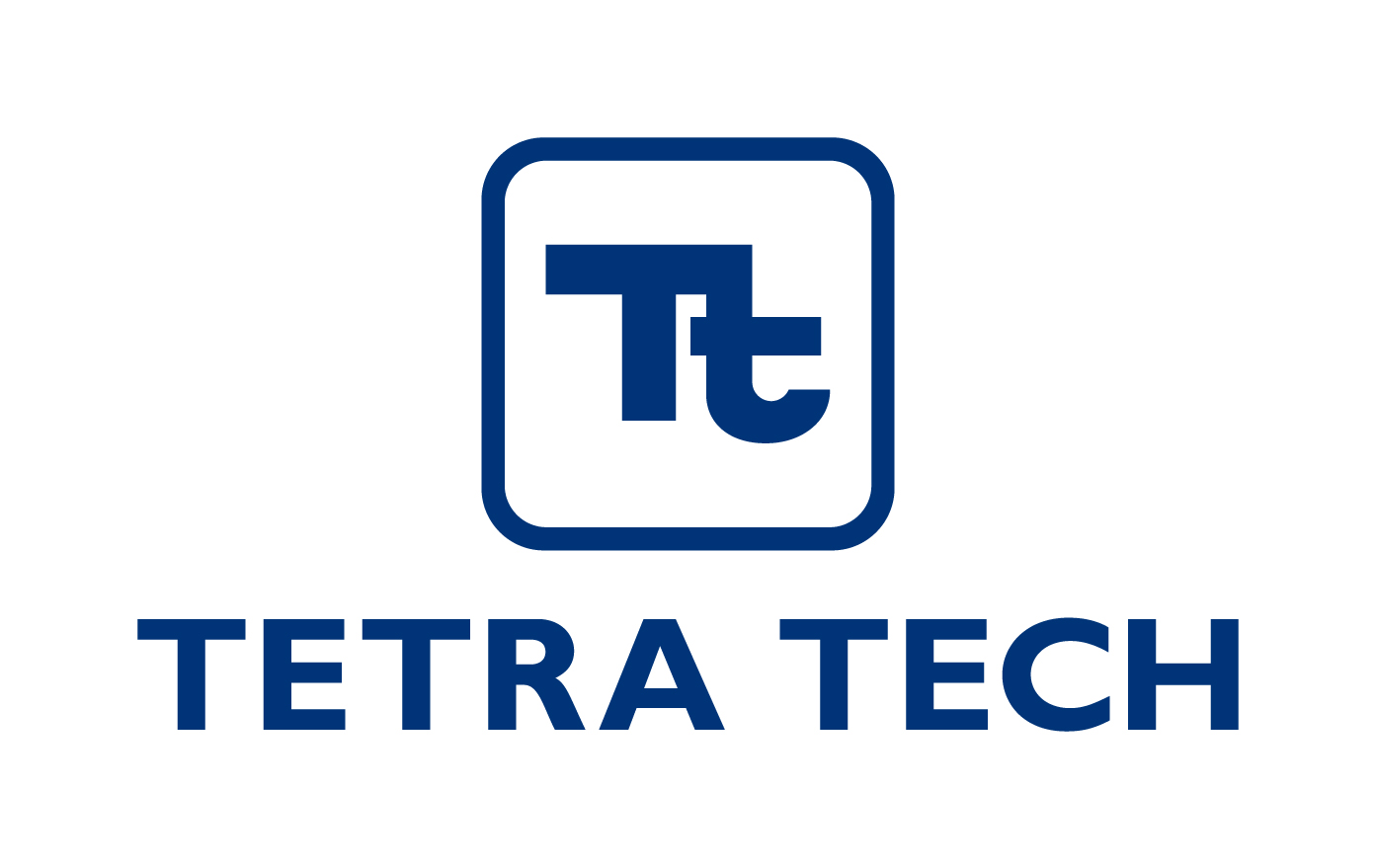Climate Change Assessment
DustScanAQ has experience of working on a range of Climate Change, Greenhouse Gas and Carbon Assessments. We can help organisations calculate and reduce their carbon footprint by helping them to understand climate change, carbon management and low carbon sustainable business growth. Additionally, we can help companies with their mandatory annual Greenhouse Gas Reporting requirements to ensure that they comply with the national law.
Climate Change Assessments
We have extensive experience in producing comprehensive Climate Change Assessments for a variety of sectors, including Greenhouse Gas Assessments and Carbon Assessments for mineral sites. Given the recent legal developments highlighted below, the need for Climate Change Impact Assessments is becoming increasingly important.
Case study – R (Finch & Others) v Surrey County Council & Others
In December 2018 planning permission was sought from Surrey County Council to retain and expand an existing onshore oil well site (two wells) and to drill for four new wells, enabling the production of hydrocarbons from six wells at the Horse Hill Well Site. The environmental impact assessment (EIA) submitted considered the environmental impacts from direct releases of greenhouse gases (GHG) from the site boundary but did not assess the impacts of downstream GHG emissions. Planning permission was granted from the Council in September 2019.
The challenge brought by Ms Finch, on behalf of the Weald Action Group and supported by Friends of the Earth, went before the High Court in November 2020. The High Court ruled that the Council had acted lawfully, rejecting the arguments of Ms Finch and Friends of the Earth, and finding that the Council was right not to consider the end-use emissions as part of the EIA. Ms Finch appealed this ruling. The Court of Appeal still concluded that it was lawful for the Council to exclude end-use emissions arising from the combustion of the fuel itself with a split decision of 2:1.
Ms Finch decided to appeal the decision to the Supreme Court. In June 2024 the Supreme Court ruled that the grant of planning permission for oil production was unlawful for failing to assess the downstream, or scope 3 GHG emissions, that would inevitably rise from the combustion of fuel.
Paragraph 90 of the Supreme Court judgement references the impacts from the quarrying of aggregates in defining “indirect effects”:
“On these definitions the combustion emissions are indirect effects of the project, as they will occur, probably far away from the project site, at sources owned or controlled by entities other than the developer / site operator. They are like impacts from the quarrying of aggregates in the illustration given by the Commission in defining “indirect effects.” If the quarrying of aggregates used in building a new road would be likely to generate significant GHG emissions, the Commission contemplates, correctly in my view, that these would be indirect effects of the project which, if significant, must therefore be assessed. I can see no reason why combustion emissions that will occur elsewhere as a consequence of the operation of a project to extract oil should be regarded differently.”
Following this recent ruling, greenhouse gas emissions may now be more frequently requested in the form of a Climate Change Assessment.

Gordon Allison
(BSc, MSc, CEnv, MIEnvSc, MIAQM)
Principal Consultant
Discuss your requirements with our Principal Consultant
If you’re looking to ensure your business complies with the latest regulations, or need help with carbon management or Greenhouse Gas Reporting, our Principal Consultant is available to discuss your needs.
Please call us on +44 (0)1608 810110 or email Gordon using the contact button below to schedule an initial consultation. We’ll help you understand the steps required to meet your carbon management and low carbon business growth goals.
Case Studies
The business was formed in 2004

We are employee owned

Over 145,000 samples analysed


